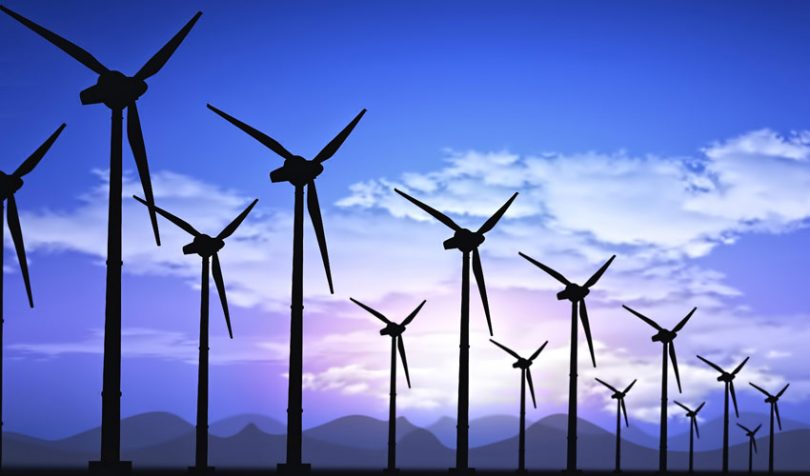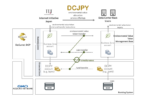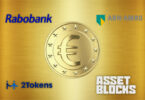Today Iberdrola, the major Spanish electricity utility, announced it has completed a blockchain test project that enables it to prove that power supplied and consumed is 100% renewable.
The utility is a major electricity provider in Spain but also has interests in the United States (AVANGRID), the United Kingdom (ScottishPower), Brazil (Neoenergia) and Mexico. It supplies electricity to more than 100 million people, has 34,000 employees and earned a net profit of €2.8 billion in 2017 on revenues of €31.3 billion.
The project for accrediting the renewable source of electricity in real time was developed in collaboration with the financial institution Kutxabank. They were able to trace the source of energy provided by Iberdrola, from generation to the point of consumption.
Specifically, renewable energy was generated by the wind farms of Maranchón (Guadalajara, Castilla-La Mancha), Oiz (Vizcaya) and the San Esteban hydroelectric power plant (Orense, Galicia). Kutxabank consumed the clean energy.
Blockchain for a better world
In addition to helping to identify the source of energy, blockchain eliminates intermediaries because it incorporates smart contracts which automatically execute when signed by the two parties. Hence the process is simplified, reducing costs while maintaining privacy.
The energy producer highlighted that this technology contributes to the process of decarbonization and provides efficiency, transparency, flexibility, and cost savings to the process of issuing proofs of origin (GdO).
To support this initiative, Iberdrola worked with the Energy Web Foundation, which has an adapted version of the Ethereum blockchain to meet the needs of the energy sector.
Iberdrola has been involved in multiple blockchain projects including in the wholesale energy and natural gas markets.
Other initiatives
A month ago Acciona, the Spanish renewable energy company unveiled a similar project, also leveraging Energy Web Foundation technology.
There are numerous other renewable energy blockchain projects around the world. Singapore SP Group has launched one of the world’s first blockchain REC marketplaces. Nevada is exploring blockchain for its certification system. In Japan, four major organizations including Unisys are working on a blockchain trading system for prosumers. And Power Ledger recently started a trial with Australian shopping center operator Vicinity.







